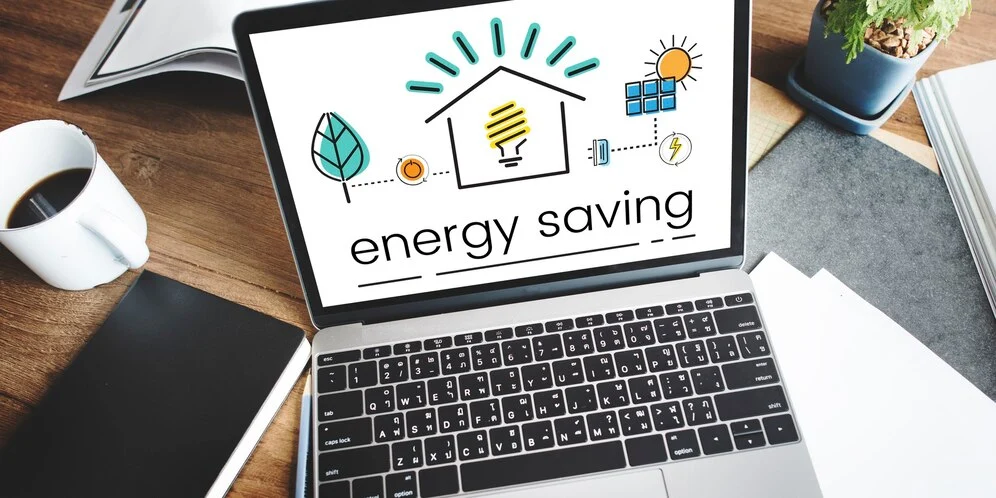Why Are Solar Panels So Expensive in the USA?
The push towards sustainable energy has put solar panels in the spotlight as a key player in the quest for greener alternatives. However, a common concern among consumers in the USA revolves around the seemingly high prices of solar panels. In this blog post, we will delve into the various factors contributing to the costliness of solar panels in the USA.
Factors that Influence the Cost of Solar Panels in USA

Import Tariffs and Trade Policies
One significant factor affecting the cost of solar panels in the USA is the imposition of import tariffs on solar equipment. The solar industry heavily relies on global supply chains, and tariffs can significantly increase the prices of imported solar components. Trade policies and geopolitical tensions can also impact the cost of raw materials, influencing the overall pricing structure.
Regulatory Compliance and Standards
The solar industry is subject to various regulations and standards imposed by federal and state governments. Compliance with these standards often requires additional testing, certification, and quality control measures, increasing production costs. As Solar Earth Inc. strives to meet and exceed these standards, the other investments in compliance add to the final price of their solar panels.
Research and Development Costs
Brands are committed to innovation and improving the efficiency of solar panels. Research and development activities incur substantial costs, passed on to consumers. Cutting-edge technologies and advancements contribute to the premium pricing of solar panels, as consumers pay for the latest and most efficient solar solutions.
Installation and Permitting Costs
Beyond the actual cost of solar panels, installation, and permitting expenses significantly contribute to the overall price. Each region and municipality may have specific requirements and regulations for solar installations, leading to additional costs. Labor, equipment, and administrative processes associated with installing solar panels contribute to the final price.
Limited Competition
The solar industry in the USA has seen growth, but competition remains relatively limited compared to other markets. A lack of intense competition can reduce pressure on prices, allowing companies to maintain a premium pricing strategy.
Incentives and Subsidies
While incentives and subsidies exist to encourage solar adoption, the complex nature of these programs can create confusion and deter potential buyers. Navigating various incentive programs and understanding eligibility criteria can be daunting, affecting the perceived cost-effectiveness of solar panels.
Fluctuating Supply Chain Dynamics
The solar supply chain involves materials sourcing, manufacturing, and distribution. Disruptions in any part of this chain, such as shortages of raw materials or disruptions in manufacturing due to external factors, can lead to increased costs. The global nature of the supply chain means that events in one part of the world can have ripple effects on the entire industry.
Financing and Financing Costs
The financing of solar projects, whether for residential solar system or commercial purposes, comes with associated costs. Interest rates, loan terms, and the availability of financing options can impact the overall cost of installing solar panels. Solar Earth Inc., like other companies, needs to consider these financial aspects when determining the pricing of its products.
How to Cut Down Your Solar Installation Expenses

Reducing your solar installation costs is achievable through two primary approaches, potentially saving you several thousand dollars:
Leverage Tax Credits and Incentives:
Use available tax credits and incentives to lower your solar installation expenses significantly. The most impactful savings often come from claiming the 30% federal tax credit. Applying this credit to your federal income tax could save over $9,000 on an average-priced $31,000 solar panel system. Additionally, explore state and local rebates that may be applicable based on your location. A discussion with your solar installer can provide valuable insights into available incentives and rebates, maximizing your cost savings.
Optimize Your Solar Power Installation Costs:
Ensure cost-effectiveness by obtaining and comparing multiple price quotes—aim for at least three. The key is scrutinizing each quote to understand the components and services included, ensuring an apples-to-apples comparison. If a particular quote stands out as significantly lower than the others, consider the reason behind this outlier. Remember the age-old adage: if it seems too good to be true, it probably is. By carefully evaluating quotes, you can make informed decisions that align with your budget and avoid potential pitfalls.
Reducing the financial impact of solar installation is about claiming available credits and making well-informed choices in selecting the right installer and comprehending the breakdown of costs. Take the time to explore your options, seek professional advice, and confidently embark on your solar journey.
Conclusion
The cost of solar panels is influenced by various factors, encompassing both soft and hard costs, which are contingent on your geographical location, the system size, and the installer you choose. It’s important to note that solar technology is dynamic, consistently evolving to enhance efficiency. If the current investment appears to be higher, monitoring prices over the subsequent years may present a more opportune time for purchase. While hard costs may decline with technological advancements, managing soft costs associated with installing solar panels can pose challenges and contribute to the overall expenditure.
Contact your local solar provider today!
Solar Earth Inc., with expertise and certifications, empowers your home for enhanced energy generation. Contact us today to transform your home into a sustainable, long-term renewable energy source.
